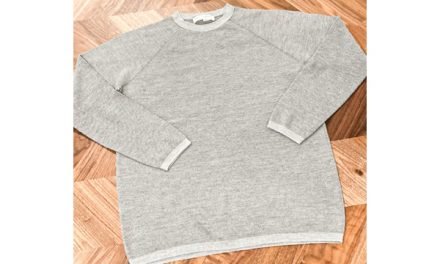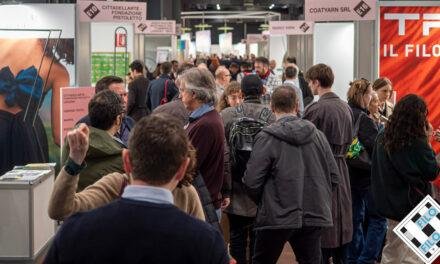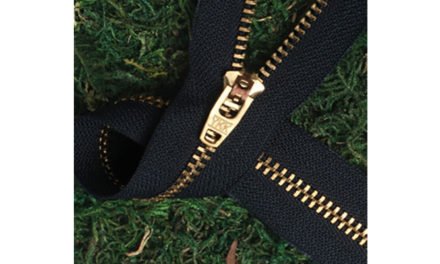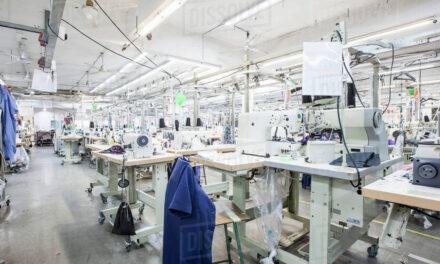 The Joint Apparel Association Forum (JAAF), Sri Lanka’s garment manufacturing body, has praised German textile firms for the continuing support offered to its troubled garment industry. Over the last year, the country’s garment manufacturers have reported a drop in orders from global retailers and brands which have further squeezed factories still reeling from the pandemic.
The Joint Apparel Association Forum (JAAF), Sri Lanka’s garment manufacturing body, has praised German textile firms for the continuing support offered to its troubled garment industry. Over the last year, the country’s garment manufacturers have reported a drop in orders from global retailers and brands which have further squeezed factories still reeling from the pandemic.
Keen to revive its flagging industry, Sri Lanka been working on deals to source external financial support and restructuring debt. This has included agreements with China and India – Sri Lanka’s biggest lenders for additional financial assistance – while it also recently received approval from the IMF for a four-year Extended Fund Facility (EFF), amounting to $2.9 bn.
Crucially, the European Union also recently presented the new EU GSP+ Regulation for Sri Lanka, which is expected to enter into force on 1 January 2024, for the next 10-year cycle.
With talk of reforms and a possible restructuring of the industry, the JAAF cited a number of retailers and brands who had shown support for the industry’s much-needed revitalisation.
Germany’s Ahlers AG, for example, is the second largest manufacturer of men’s fashion in Europe and helped set up Dial Textile Industries in Sri Lanka in 1979.
“Ninety percent of what we produce here in Sri Lanka is sent to our parent company for very discerning premium customers,” explained Managing Director Sean Umagiliya. “Government support for exports right throughout the challenging times ensured that we continued production without any issues.”
As testimony to his company’s confidence in Sri Lanka, Umagiliya pointed to the company’s willingness to continue to invest. “Countries like Bangladesh and Pakistan differentiate on cost and volume, but we picked Sri Lanka because they innovate better and provide a more personalized service,” he added.
Praise was also forthcoming for Eskimo Fashion Knitwear, the Chemnitz-based fashion and apparel retail brand which established a manufacturing subsidiary in Sri Lanka in 1982. It was also one of the apparel companies that set up operations in the war-torn north-east of the country as the 30-year-old conflict came to an end in 2009.
“More than 95% of our products are meant for customers like Decathlon and Next in Europe,” said Director and CEO of Eskimo Knitwear Sri Lanka Indika Liyanahewage. “When Eskimo set up in Sri Lanka, the plus points were the country being an open economy, had a quality workforce that was easily accessible and there were other companies who were already well established.”
Asked how Eskimo was navigating the economic crisis, Liyanahewage said he was confident the crisis will end. “We basically go back to basics. We optimise resources, manage costs efficiently, and while doing that, we protect our people, ensuring their livelihoods are stable. Our German owners love Sri Lanka and are very happy with the work environment.”
The JAAF also praised the Prym Intimates Division, a joint venture between Germany’s William Prym and UK’s Stretchline which supplies the global intimatewear sector. “Plans are afoot to increase our market share in Europe by over 50% over the next few years as we see potential in this region,” said CEO Vasu Wijegoonawardena, acknowledging that the high inflation and the unrest was concerning. “Buyers are wondering about fulfilling delivery commitments but so far we have managed these concerns well. While the crisis hasn’t dampened optimism or confidence, Prym has been in Sri Lanka since 2002 and this is not our first crisis.”





















